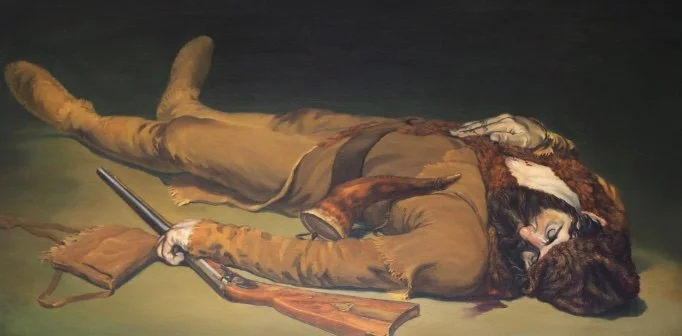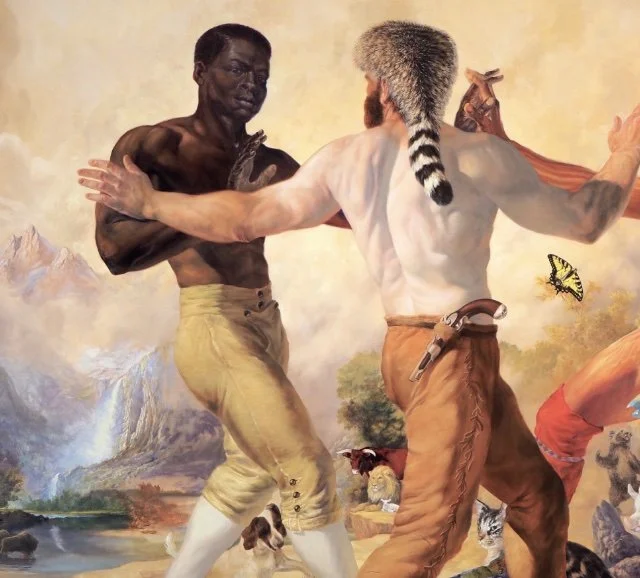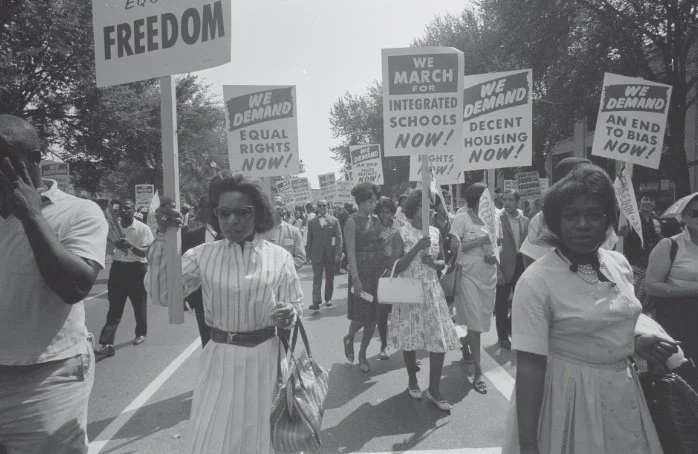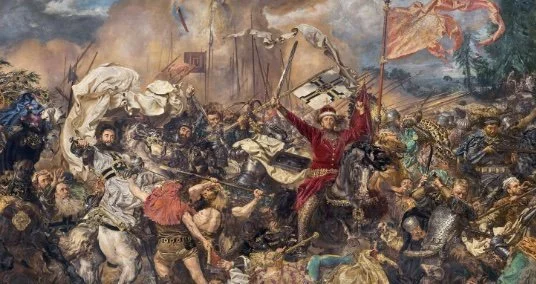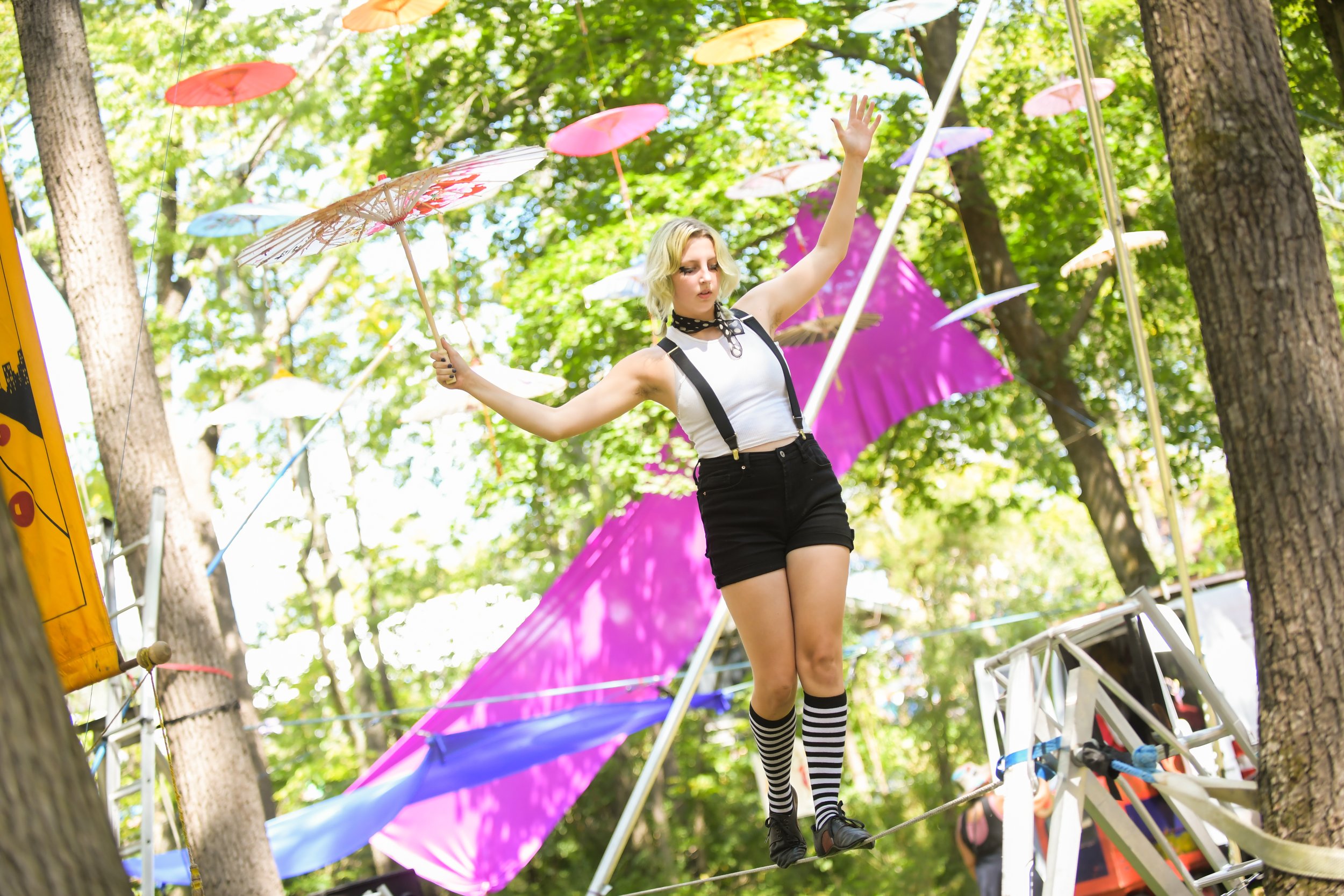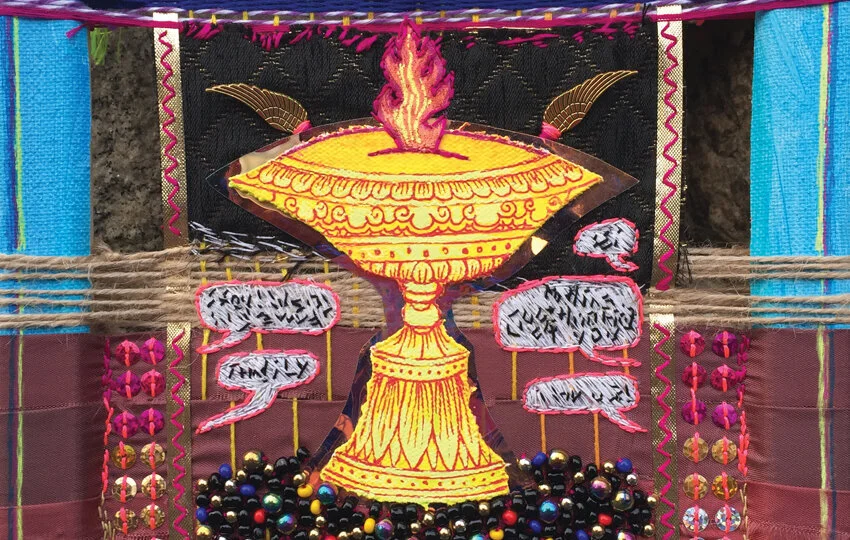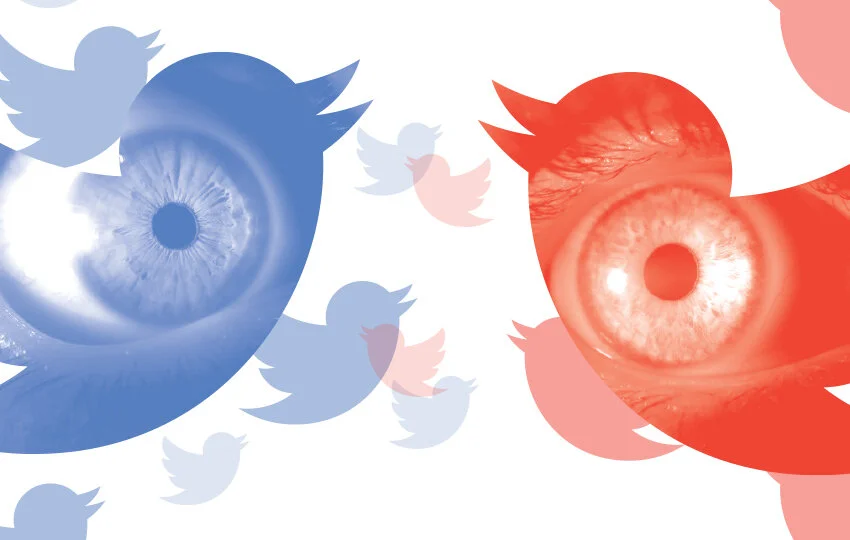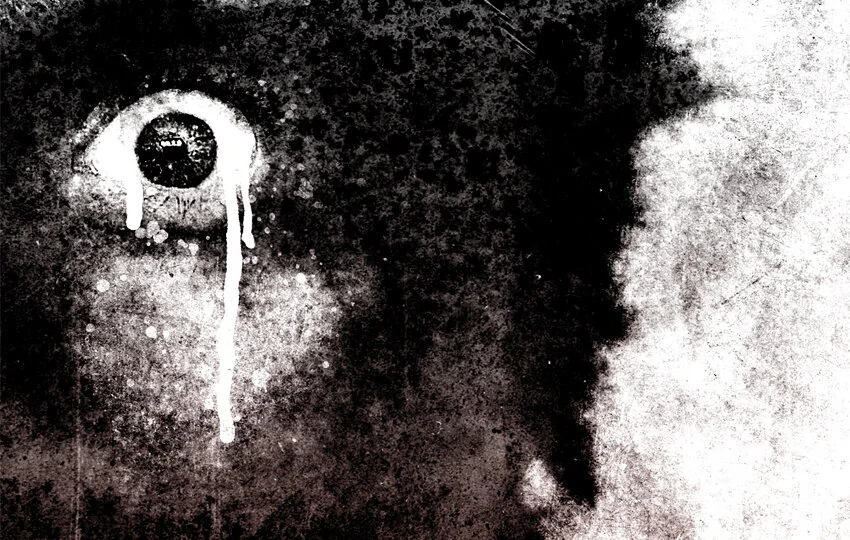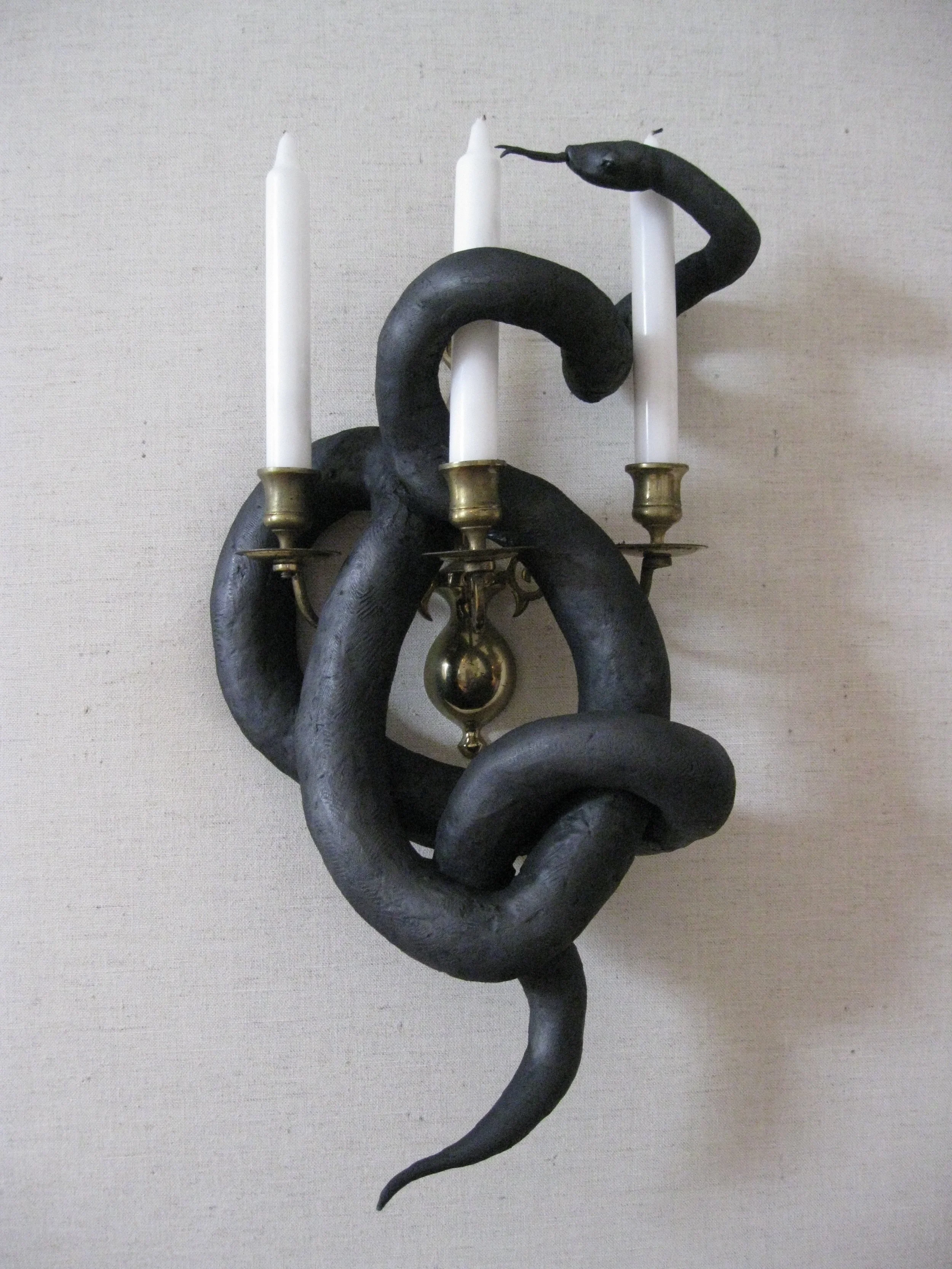The RQ Founders at 250 Collection
Dear Friends:
A thousand years from now, the first 500 years of our country will be considered early-American history. That means we are all founders, responsible and accountable for the direction of the United States. (Join us for our annual convening, Founder’s Weekend, if you’d like to further engage in person).
In light of growing political violence and division in the country, which we condemn, and of our country’s 250th celebrations, we are releasing some of the back content of our print magazine for free as a public service. Our efforts to promote curiosity, constructive dialogue, and pluralism are funded by our subscribers and supporters. If you find this content helpful, we hope that you’ll subscribe or make a contribution.
Toward a More Beautiful Future,
Heather Shayne Blakeslee
Founding Publisher & Editor & Chief
John Wood, Jr., a national advocate for racial and political reconciliation, asks us to pull back from the precipice of our divided nation, and use nonviolence as our guide.
FIRE’S Nico Perrino argues that reaching for censorship during periods of unrest is common… So is the regret that follows.
Artist and free speech advocate Angel Eduardo from FIRE and FAIR encourages artist to lay down their arms in the culture war and remember to make great art.
A young American asks: Should I have stayed in my hometown? What does it mean to be part of a community, and where do we go from here?
Seth D. Kaplan’s book “Fragile Neighborhoods” is a must-read book for anyone who wants to understand how to repair our social fabric and build resilient communities.
What do we owe each other? And how do we build a country where intergenerational wealth isn’t measured in gold and property, but in a society that cares for its most vulnerable? We owe an existential debt to the generations that came before us. What will we do with that inheritance?
Academic and rhetoric specialist Eric Smith is known for pushing back against victim mindset. In this essay, he reminds us that we all face challenges, but they don’t determine our fate.
Notes on fear, self-censorship, and artistic integrity from Salome Sibonex, who moved through a period of carrying a pitchfork in online mobs to then ditch cancel culture and find her true voice.
How is social media affecting our “locus of control,” especially for teen girls? Academic and moral theorist Jonathan Haidt rings the alarm bell about how digital natives are failing to thrive, and Editor-in-Chief Heather Shayne Blakeslee makes the case that Gen X just might save us.
We all fail. But the story we tell ourselves about that failure, and better understanding how our brains and bodies work together, can be the difference between resilience, and a crack up.
Christy Vines left a career in national security to work in the bridge building space. Does a successful American experiment depend on empathy?
Everyone thinks that they're on the moral high ground. But what if, from that perch, instead of using it to our advantage in a fight, we simply seek what’s out there? How do organizations such a Heterodox Academy help us to disagree better?
In reflecting on the war in Ukraine, a call for Americans to come together and take the wheel of their own country. Politics isn’t religion, but it’s become like a religion for many. How do we ditch dogma and come together?
Pennsylvania was founded as a colony that gave a wide berth to religious practice of all kinds. How should modern Americans be thinking about tolerance?
Librarian Sarah Hartman Caverly gives us tools and resources for navigating any muddy information system. She urges us to not be unwittingly enlisted in information wars and to embrace uncertainty, adopt watchful waiting, and demand more of authorities.
A mid-pandemic freakout about our fouled information system. Root Quarterly considers itself part of a Citizen Sensemaking Brigade, and seeks to be a trusted, nonpartisan source of information and analysis.
By Walter Foley
New media is the Wild West. Should we really be pinning a sheriff’s badge on anyone? A deep dive into media production, January 6th, and big tech control of narratives.
By Walter Foley
More and more people are unconnected to themselves, to their families, and to their communities. In what ways are we becoming modern zombies? Can we find our selves as humans again by searching for wisdom? Interview with John Vervaeke and Christopher Mastropietro.
by Heather Shayne Blakeslee
Be like bees, just not too much, and we might just save our species.
What is political empathy and how do we find each other again? A 2020 interview with John Wood, Jr., National Ambassador of the grassroots political depolarization organization Braver Angels.
by Walter Foley
How did we get here, and where do we want to go? Reflections on self-reliance and sensemaking during strange times.
by Walter Foley and Heather Shayne Blakeslee
Humans are already prone to mob rule and moral panics, including frenzies about witches, communists, and Satanists. Is the media’s broken business model playing with our psychology and biology by purposefully stoking outrage and profiting from call-out and cancel culture?
Essay by Lauren Earline Leonard
What do we do when we find out that a favorite artist has behaved badly, or even criminally? Should corporations or individuals get to decide? Lauren Earline Leonard wrestles with her current record collection as she recalls the music of her youth.
by Heather Shayne Blakeslee
In this period of our country’s history, will be come together, or be torn apart? The first of our ongoing “Opening Salvo” essays from Founding Publisher and Editor Heather Shayne Blakeslee in summer of 2019.


